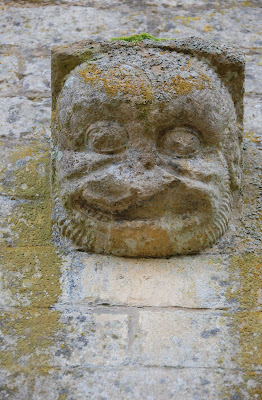Musicians from
the West-Eastern Divan Orchestra for Peace released a statement, expressing their views on the Israeli-Palestinian conflict before a concert at La Scala, Milan last Sunday.
"We, the members of the West-Eastern Divan Orchestra, are convinced that there is no military solution to the Israeli-Palestinian conflict. The last decades proved the futility of this type of reasoning, and we represent an alternative model based on equality, co-operation and justice for all.
This alternative model is not utopia. It has been put to the test for 10 years, obtaining evident musical results and allowing each member of the orchestra to change their perspective and have a profound understanding of the "other".
We aspire to a total liberty and equality among Israelis and Palestinians, and it is on this basis that we are here today to make music. The actions of the Israeli government of the past two weeks are not the way to resolve the existential differences. The actions of Hamas do not contribute to creating mutual trust.
We deplore any action that results in the death of civilians. We call for an immediate repudiation of all violence, which will lead to honest and just negotiations between all the sides involved, without exceptions.
A cease-fire is merely the start and will undeniably build the foundation of coexistence between the two populations, whose destinies are intimately tied. A sovereign Palestinian state can only really exist with the end of the occupation. The Palestinians must be guaranteed the same freedom and independence that Israel has had since 1948. The Israeli-Palestinian conflict is a conflict between two populations that are profoundly convinced of their right to live in the same land, and must accept their mutual rights to do so.
The time has come, after so much bloodshed, to find a lasting solution of coexistence rather than short-term tactical remedies. In this spirit, we hope that you enjoy today's concert."
 It's been a while since I looked at my website. So, after many hours of trial and error, it's now had a revamp. Web design is not something I have any expertise in, so I'm not particularly proud of the result, but it will have to do for the time being.
It's been a while since I looked at my website. So, after many hours of trial and error, it's now had a revamp. Web design is not something I have any expertise in, so I'm not particularly proud of the result, but it will have to do for the time being.












